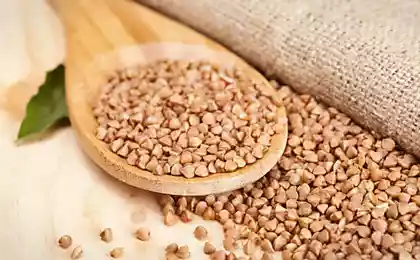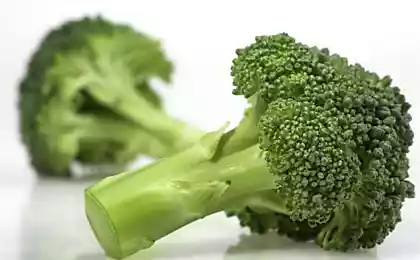499
Useful than honeycomb for man
Honeycomb built by bees of pure wax in beehives, in order to keep them and raise the larvae, as a receptacle for honey and pollen (which is subsequently processed into bee bread). It is estimated that in order to разместить3,8 Kheda in the hive, the bees need выделить1 pound(0.45 kg) of wax, that's why beekeepers annually after harvest of honey return to the hive previously taken the cell. In addition, the cells of the honeycomb have a regular geometric structure, for more than a decade hitting scientists.
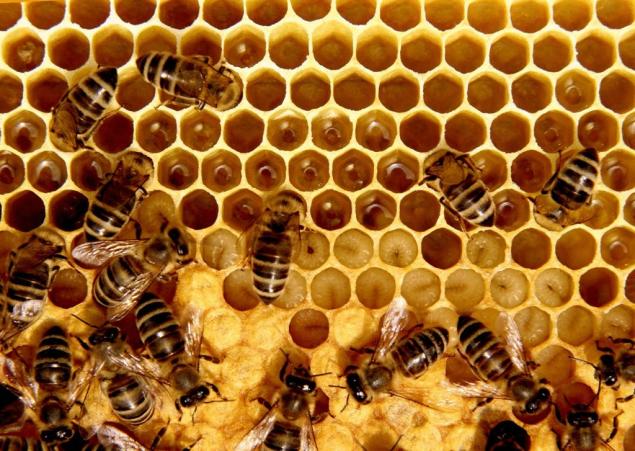
The beneficial properties of bee honeycombs folk medicine knows for a long time. Beekeepers get the wax after the honey is pumped. Cell framework contain fresh wax. The honeycomb is placed in boiling water, the wax melts and floats to the surface of the water. It is collected, cooled, and then melted in a water bath in order to create the desired shape.
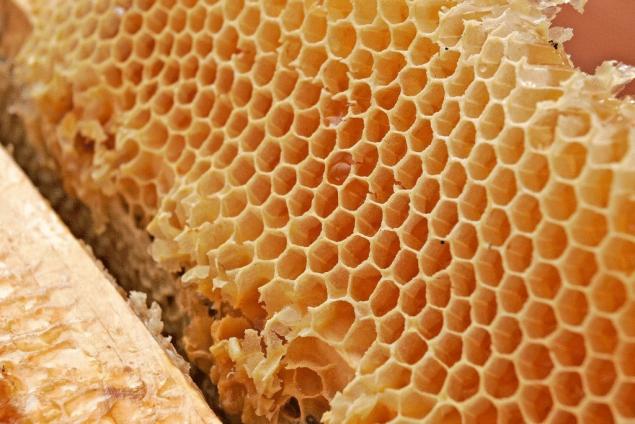
Sealed cells — a sign of quality that is put only on Mature treat. The composition of a honeycomb multi-faceted. The product retains the properties of melliferous plants. One kilogram of honey collected from the nectar of up to 10 million of the flowers, contains enzymes: invertase, catalase, glycogenase, lipase, amylase, trypsin, protease and more than 300 bioactive substances. But this is only part of the list, telling about the benefits of honey in the comb.
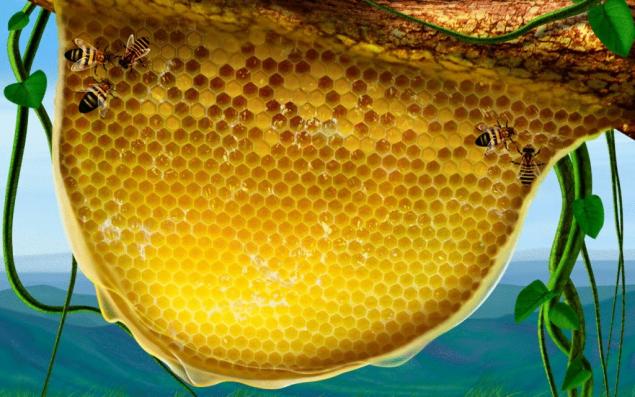
Honeycomb has healing properties for the prevention and treatment of respiratory diseases. Useful for the respiratory mucosa to chew the wax honey combs. Also, chewing the honeycomb helps with periodontal disease. During chewing increases saliva, which is useful for the digestive system, because it improves the secretory function of the stomach.
Source: /users/155

The beneficial properties of bee honeycombs folk medicine knows for a long time. Beekeepers get the wax after the honey is pumped. Cell framework contain fresh wax. The honeycomb is placed in boiling water, the wax melts and floats to the surface of the water. It is collected, cooled, and then melted in a water bath in order to create the desired shape.

Sealed cells — a sign of quality that is put only on Mature treat. The composition of a honeycomb multi-faceted. The product retains the properties of melliferous plants. One kilogram of honey collected from the nectar of up to 10 million of the flowers, contains enzymes: invertase, catalase, glycogenase, lipase, amylase, trypsin, protease and more than 300 bioactive substances. But this is only part of the list, telling about the benefits of honey in the comb.

Honeycomb has healing properties for the prevention and treatment of respiratory diseases. Useful for the respiratory mucosa to chew the wax honey combs. Also, chewing the honeycomb helps with periodontal disease. During chewing increases saliva, which is useful for the digestive system, because it improves the secretory function of the stomach.
Source: /users/155
The Americans included virus in the list of the most dangerous people on Earth
How to increase immunity?




